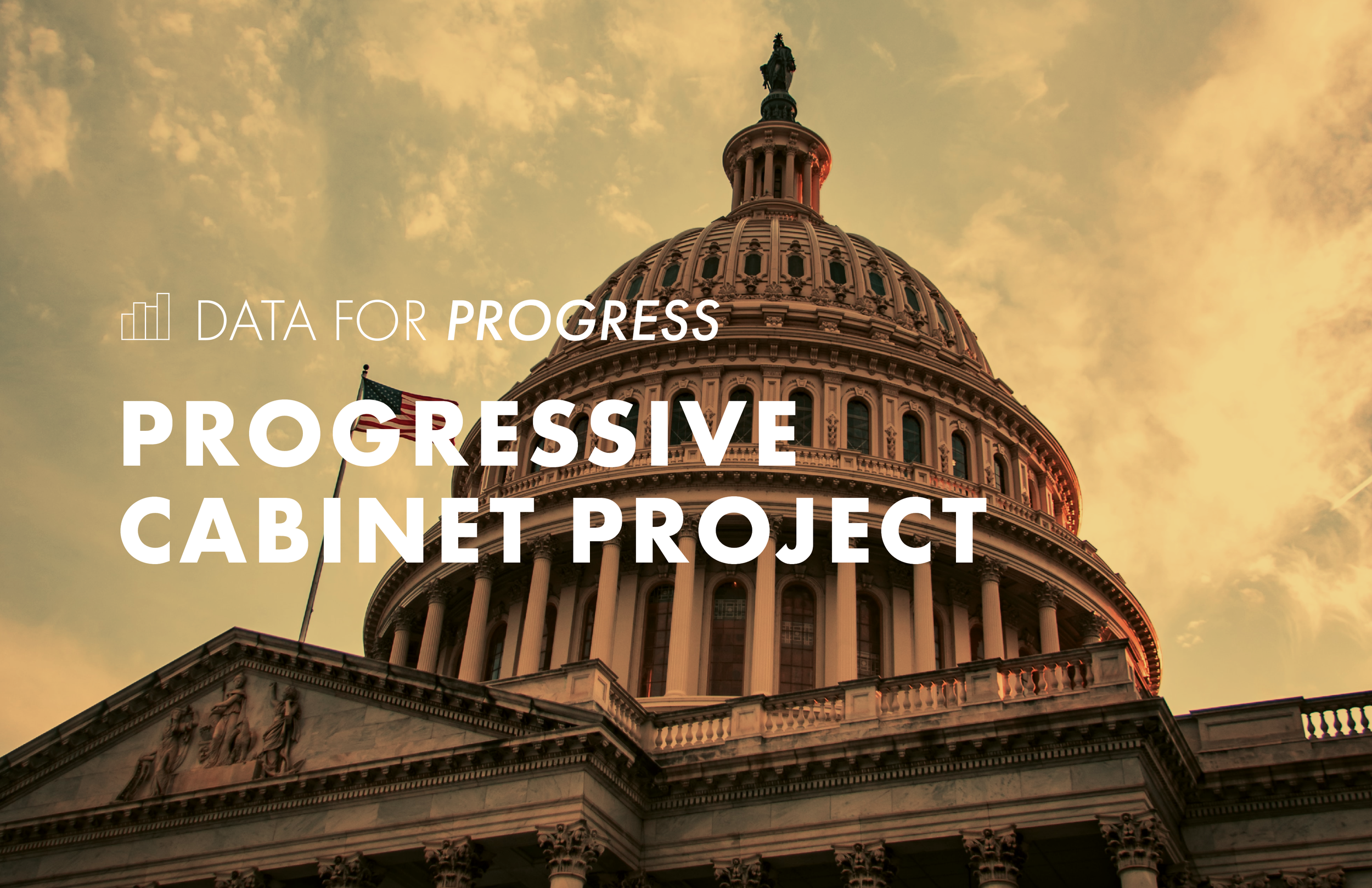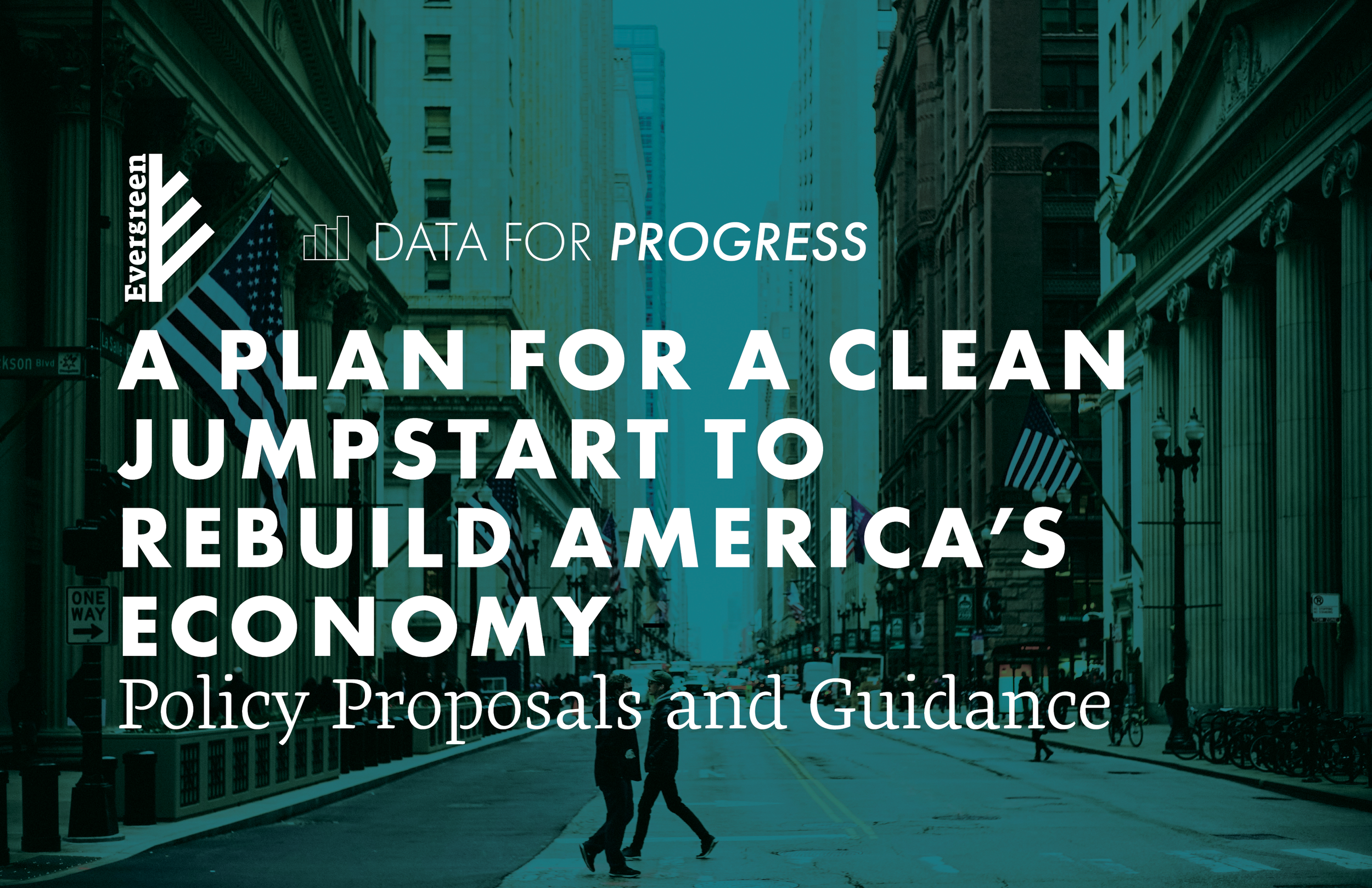Memo: Voters Want to Expand Medicaid
By Ethan Winter Senior Analyst, Data for Progress
Seven justices led by Chief Justice John Roberts, thwarted the implementation of a key provision of the Affordable Care Act by knowingly weakening America’s Medicaid program and ensuring fewer Americans would have health insurance in their 2012 decision, National Federation of Independent Business (NFIB) v. Sebelius. Nearly a decade later, the impact of their decision remains devastating.
According to the Kaiser Family Foundation, some 2 million people would have been eligible for Medicaid if not for SCOTUS’ ruling, and notably, the nation’s hospital closure crisis has also concentrated in states that refused to expand coverage under the ACA. Research shows that increasing Medicaid eligibility decreases the rate of incarceration of Black children. States that expanded Medicaid saw their rates of infant mortality drop at rates surpassing those states that did not expand the program. This trend was particularly pronounced amongst Black infants. Medicaid expansion even led to a reduction of poverty. Finally, states that expanded Medicaid realized financial savings — suggesting that the refusal to expand Medicaid actually impaired the ability of states to budget, running counter to one of the more frequently used arguments against expansion.
As of 2016, nineteen states still refused to expand Medicaid. As Sarah Kliff reports for the New York Times, the Trump Presidency, a period when Democrats have been closed out of federal power, has seen intense state level energy directed to expand Medicaid. Activist groups notched major victories in Maine, Missouri, Idaho, Utah, Nebraska, and Oklahoma, using ballot initiative processes to force the issue. This story shows how activists committed to building a more egalitarian country can persist and win major victories, even in the face of massive and sustained opposition from the Republican Party. Now, with implementation forthcoming in Missouri and Oklahoma, only 12 holdouts remain.





